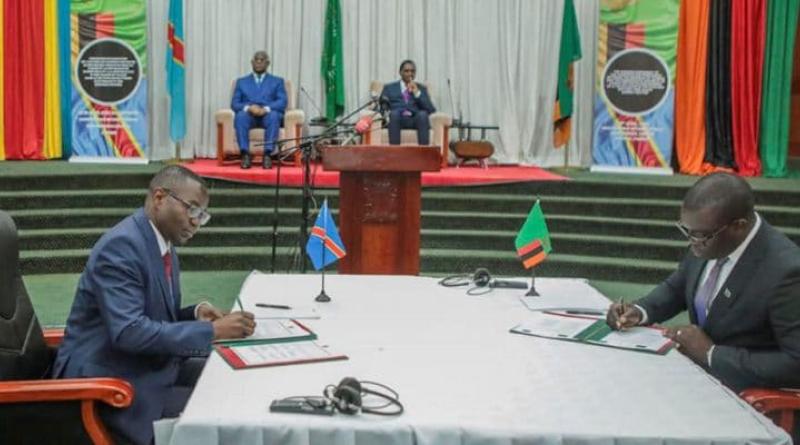DRC/ZAMBIA: an agreement to manufacture batteries for electric vehicles

Zambia and the Democratic Republic of Congo (DRC) want to use the 70% of the world's cobalt reserves in their subsoil for the local manufacture of batteries for electric vehicles. The two border states have signed a memorandum of understanding to create a joint value chain for the electric mobility and clean energy sectors.
The positioning of Africa as a world leader in the manufacture of electric batteries will undoubtedly involve the Democratic Republic of Congo (DRC) and Zambia. Lusaka and Kinshasa have just signed a cooperation agreement to develop their cobalt reserves, a metal that is essential to the energy transition and electric mobility because of its high energy storage capacity.
The project, called the “Republic of Zambia and DRC Battery Council”, will be implemented on two sites, one in the Congolese province of Haut-Katanga and the second in Copperbelt, a border region (Zambia) particularly rich in mineral deposits, including copper. This body, placed under the aegis of the United Nations Economic Commission for Africa (ECA), will benefit from financial mobilization entrusted to the African Export-Import Bank (AFREXIM Bank) for its implementation.
“Africa has long been considered a source of raw materials. This project should contribute to the diversification of the economy and the creation of green jobs for the reduction of poverty in our two countries,” says Zambian President Hakainde Hichilema.
With their hydroelectric potential, Zambia and the DRC could make Africa the first low-emission producer of cathode precursor materials for lithium-ion batteries. This will particularly allow Felix Tshisekedi’s country to reduce its greenhouse gas (GHG) emissions by 30%, in line with the commitments made at the DRC-Africa Business Forum held in November 2021 in Kinshasa.





